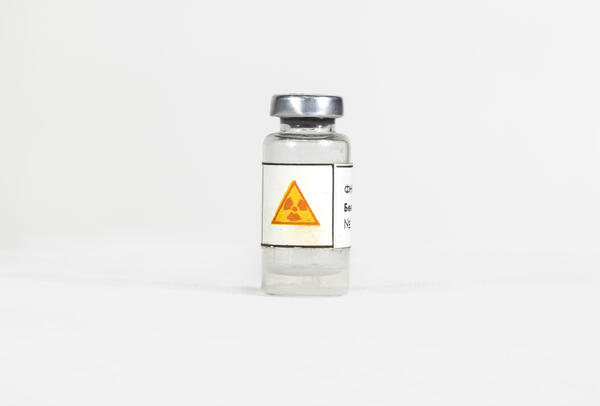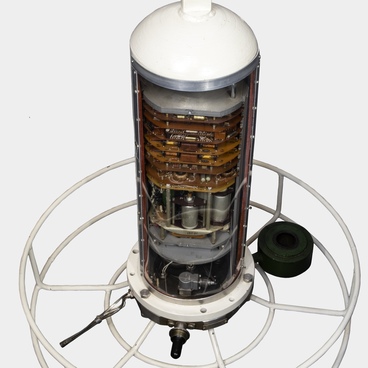Radiopharmaceutical “Bengal Rose. 131 J” is used in the study of liver diseases: hepatitis, cirrhosis, jaundice and malignant neoplasms. Radiopharmaceuticals are diagnostic and treatment agents that contain a radioactive element, a radionuclide. After an intravenous injection of radiopharmaceuticals into the human body, a therapeutic effect is achieved through local irradiation of the tumor. These drugs are used to enhance the diagnostic accuracy of certain organs or tissues by means of radiation indication. The capabilities of radionuclide methods allow medical professionals to diagnose many serious diseases in their initial stages when other methods are ineffective.
To prepare radiopharmaceuticals, an initial radionuclide with the necessary nuclear characteristics is first obtained and then converted into a bound chemical form. One of the leading producers of radiopharmaceuticals in Russia is the Obninsk branch of the Research Institute for Physics and Chemistry named after L. Y. Karpov. The Moscow Research Institute named after L. Y. Karpov was one of the pioneers of radiation chemistry, and Lev Yakovlevich Karpov himself was the founding father of the chemical industry in Russia.
To study the effects of nuclear radiation on substances and materials, a research radiation center had to be established outside Moscow. The choice was made for the city of Obninsk, where the world’s first nuclear power plant had been built and successfully launched. The branch of the institute was designed and built under the leadership of Vladimir Lvovich Karpov, scientific director of the Institute and son of the chemical engineer Lev Karpov. The Obninsk branch of the Karpov Institute developed in parallel with the growth of the city. The government decree on the establishment of the branch was issued in 1959, and Obninsk received the status of a city in 1956.
The mission of the Institute is to study and use radiation energy in chemistry. An experimental base was established at the Institute, the core of which was the VVR-c nuclear reactor. The reactor is equipped with scientific and test equipment and modern pilot lines. In addition to the reactor, the institute also uses other irradiation equipment: linear electron accelerators, research and technological gamma units. Now the main scientific and technological area of the institute is related to medicine. The basic subject of the branch is the development and production of radiopharmaceuticals for clinics in the Russian Federation and around the world.
To prepare radiopharmaceuticals, an initial radionuclide with the necessary nuclear characteristics is first obtained and then converted into a bound chemical form. One of the leading producers of radiopharmaceuticals in Russia is the Obninsk branch of the Research Institute for Physics and Chemistry named after L. Y. Karpov. The Moscow Research Institute named after L. Y. Karpov was one of the pioneers of radiation chemistry, and Lev Yakovlevich Karpov himself was the founding father of the chemical industry in Russia.
To study the effects of nuclear radiation on substances and materials, a research radiation center had to be established outside Moscow. The choice was made for the city of Obninsk, where the world’s first nuclear power plant had been built and successfully launched. The branch of the institute was designed and built under the leadership of Vladimir Lvovich Karpov, scientific director of the Institute and son of the chemical engineer Lev Karpov. The Obninsk branch of the Karpov Institute developed in parallel with the growth of the city. The government decree on the establishment of the branch was issued in 1959, and Obninsk received the status of a city in 1956.
The mission of the Institute is to study and use radiation energy in chemistry. An experimental base was established at the Institute, the core of which was the VVR-c nuclear reactor. The reactor is equipped with scientific and test equipment and modern pilot lines. In addition to the reactor, the institute also uses other irradiation equipment: linear electron accelerators, research and technological gamma units. Now the main scientific and technological area of the institute is related to medicine. The basic subject of the branch is the development and production of radiopharmaceuticals for clinics in the Russian Federation and around the world.




